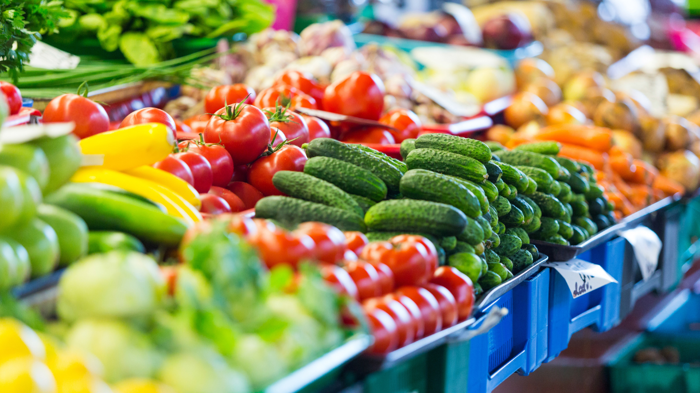Snowville Creamery Dishes Up A2/A2 Yogurt
A2/A2 refers to a variation of protein found in cows’ milk, which some research has shown to be easier to digest than the A1 milk that is predominantly produced by cows in the U.S. All human milk is A2/A2.
January 1, 2018
Snowville Creamery’s yogurts from grass grazed cows eating only non-GMO feed and forage now all come from cows tested 100 percent for A2/A2 genetics. A2/A2 refers to a variation of protein found in cows’ milk, which some research has shown to be easier to digest than the A1 milk that is predominantly produced by cows in the U.S. All human milk is A2/A2.
“Consumers are hungry for better dairy products," says Warren Taylor, founder. "At Snowville Creamery, we strive for continuous improvement, making more nourishing and delicious products."
The Snowville Creamery A2/A2 yogurts are available in Full-Fat Plain, Low-Fat Plain, Low-Fat Vanilla, Low-Fat Gingamon, Full-Fat Lemon Ginger and Full-Fat Coffee-Cardamom. They can be purchased at approximately 50 Whole Foods Markets throughout the Mid-Atlantic Region, Giant Eagle stores throughout Columbus, Ohio, Heinen’s Grocery Stores in Cleveland, Ohio, and many other retail locations.
Founded in 2007 by Warren and his wife, Victoria, Snowville Creamery connects sustainable Ohio family dairy farms with discerning milk and yogurt lovers. The Creamery has produced yogurt since 2012.
Warren, a sincere dairy evangelist, believes that A2/A2 herds will have a transformative effect on the dairy industry, with small processors, such as Snowville Creamery, leading the way. Snowville is working toward having all its milk, including its chocolate milk, be A2/A2 as supply becomes available.
Following the 2007 release of the book Devil in the Milk by Keith Woodford, there has been growing interest from the general populace about A1 and A2 beta-casein content in milk.
Milk is about 85 percent water. The remaining 15 percent is the milk sugar lactose, protein, fat and minerals. Beta-casein is about 30 percent of the total protein content in cow’s milk. Milk from each cow can be all A1, all A2, or half A1 and half A2.
A2 is the beta-casein protein cows have produced since before they were first domesticated over 10,000 years ago. It is considered safe and nutritious and has no known negative effects on human health, say company officials. A newer kind of beta-casein, produced through a natural genetic mutation, is known as A1 beta-casein. A1 genetics are more common in the large cow breeds of European descent. Due to their size, milk production, and demeanor, these cow breeds produce the majority of milk in Northern Europe and America. Some studies show that A1 may cause negative health effects.
Snowville Creamery milk comes from a variety of mixed and pure bred dairy cow herds including Jersey, Holstein, Guernsey, Brown Swiss, Milking Shorthorn, Friesian and others. Based on the statistical assumptions about typical A1 vs. A2 population genetics of these breeds, Snowville Creamery milk products already contain significantly more A2/A2 beta-casein than that of most other milk processors.
About the Author
You May Also Like




